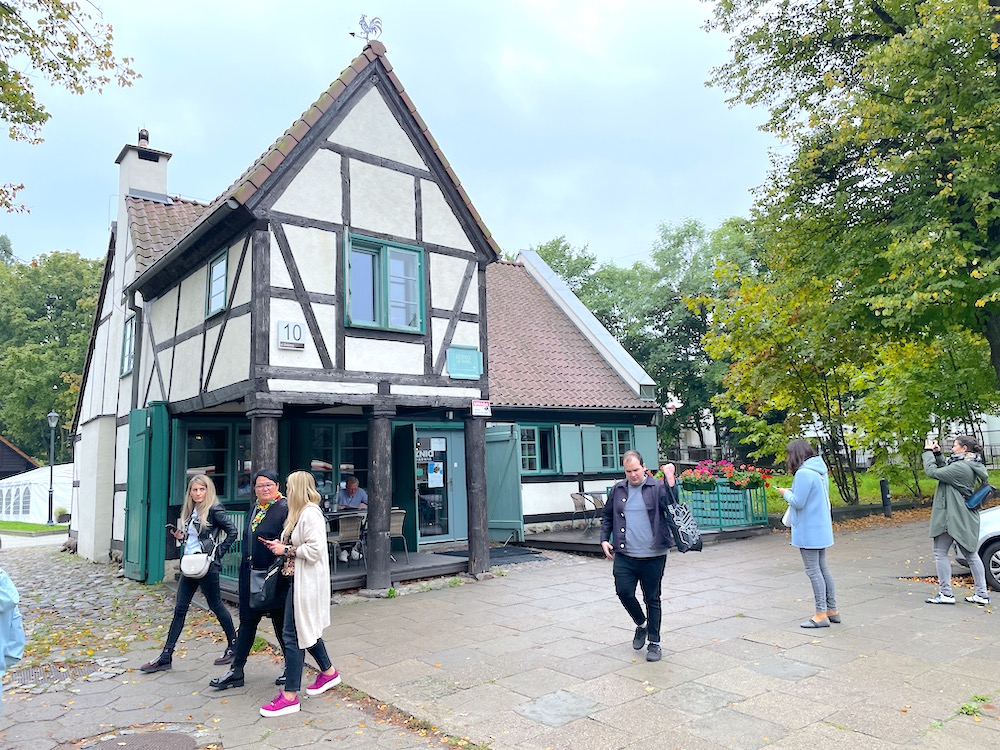In the past decades, Gdańsk has followed a well-defined strategic path. Building one initiative on another, the city used European projects to strengthen the innovation capacity of the municipality and its partners, gradually creating an inclusive social ecosystem with new institutions, partnerships as well as participation methods. Some of these new processes have converged in the Neighbourhood Houses, venues distributed across the city, co-created with civil society organisations and offering decentralised services to Gdańsk citizens.
We spoke with Magdalena Skiba, Michal Zorena and Piotr Wolkowinski at the occasion of a meeting of the UIA-URBACT Transfer Mechanism network CO4Cities and updated some parts of the interview at later discussions.
What is the municipality’s vision for the city of Gdańsk?
Magdalena Skiba: Our policy was created by our late mayor, Mr. Paweł Adamowicz. His vision of Gdańsk was a city where the participation and engagement of citizens result in real policies and their implementation. This vision appears in the strategic policy document Gdańsk 2030 Plus, which emphasises attracting new inhabitants and aims to stop residents from leaving the city. This means improving the quality of life through enhancing public services, enabling social integration and making Gdańsk a place where people are happy to live and where people are proud of their heritage. Our vision is of a community which inspires open-minded people to develop and share their future. This strategy was not built as a traditional document: rather it consists of clouds of ideas with the inhabitants in the middle. This is the basis on which we are planning our strategy and activities in the municipality, together with civil society.
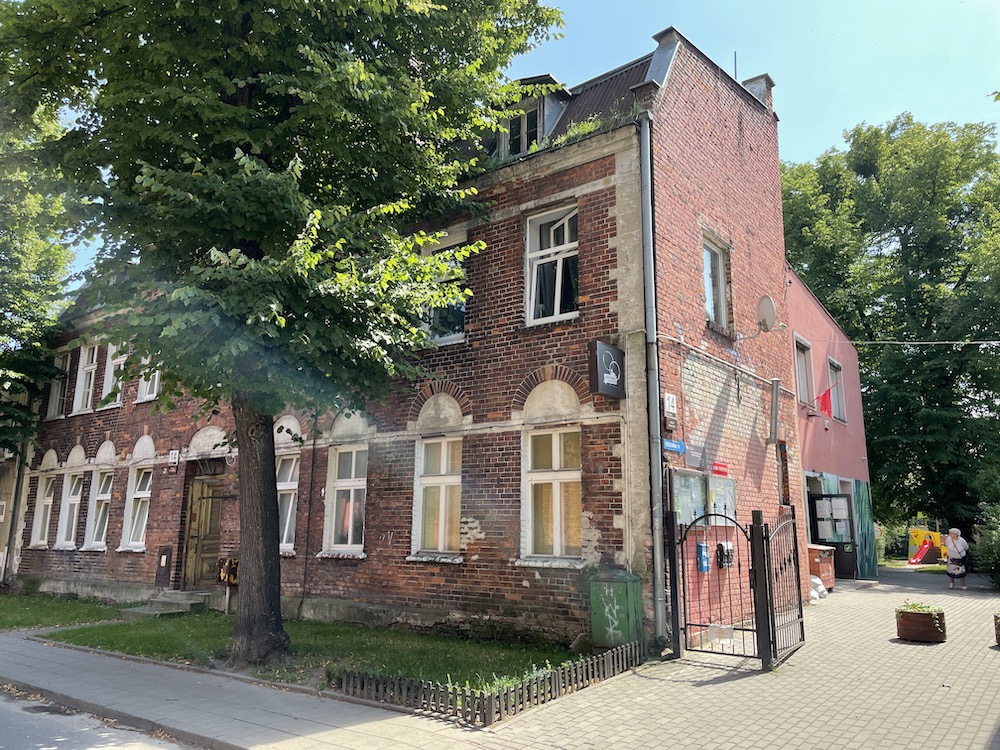
How has Gdańsk built its innovation trajectory?
Magdalena Skiba: Our former mayor Mr. Paweł Adamowicz said that “if we want to be innovative we have to start the innovation from inside the administration.” As part of this shift, substantial reforms took place in the municipality’s social sector as well. Our basic approach in the past ten years was to co-create our strategy with citizens.
We also felt that it was important to build a new profile of the civil servant: a person who is not focused only on documents but is oriented towards the people. We envisaged the city as a broker and this brokerage role is also a new role for our civil servants. The civil servant brings together the potentials in the local administration but also the potentials which are outside the municipality among the community’s citizens, in civil society organisations, institutions and so on. When we were talking about this brokerage role of the city, it was also about a new way of governance and how to empower citizens to be really active in the city. Our dream is to have citizens who are engaged, active, who understand how their neighbourhoods develop and what is going on at the city level. These are some features of responsible citizenship.
We also created a think-tank, the Club of Gdańsk. Here we were thinking together about what we would like to see in terms of social change in Gdańsk. This was also a very significant step ahead because people from the municipality, from several services, but also people from outside participated in the club. The head of this think-tank was our former deputy mayor in charge of social issues and education. She used to be very active in the non-governmental sector and then she moved to the municipality working on social issues. This way, the think-tank naturally concentrated on social change across the whole city.
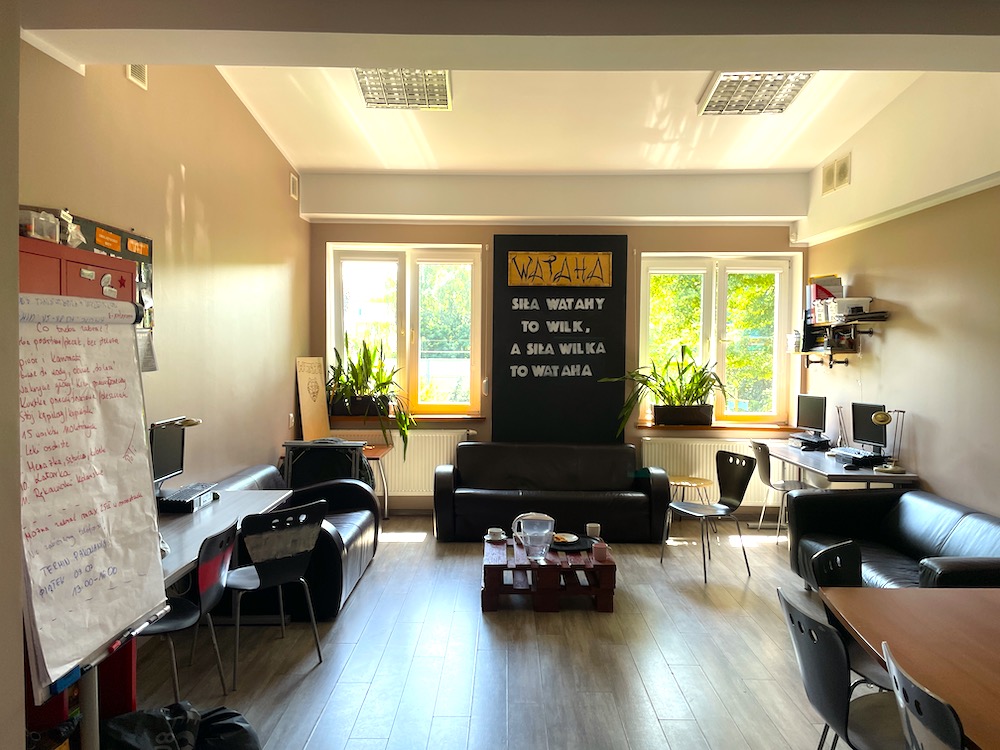
Michał Zorena: We have recently joined the URBACT network „Agents of Co-Existence” that will enable us to think further about innovation within the municipality. This network focuses on improving the skills of public servants but also building capacities within the organisational structures of the city.
Gdańsk policies often act at the neighbourhood level. What is the origin of this focus
Magdalena Skiba: We used the term “local communities” initially, but now we prefer to use the term “neighbourhoods”. It seems to be better reflecting what we think about local communities. We realised that neighbourhoods rarely refer to official divisions in the city, such as districts or voting areas. Our aim is to empower local identity. We are very proud of being Gdańsk citizens. Gdańsk is a historical city so local identity is one of the very important values which we would like to build on through offering information and new skills for activists, local leaders but also for the general public. We support informal groups, citizen’s initiatives, citizen’s participation and decision-making processes through the empowerment of existing initiatives as well as building new resources within the local communities.
How was the idea of creating neighbourhood houses born?
Magdalena Skiba: During our engagement with the communities and with civil society organisations we realised that there is a real need for space where active groups can meet. In 2008 the idea of neighbourhood houses emerged in Gdańsk. Together with the Gdańsk Social Innovation Foundation, we used EU funding to develop the concept and ran some innovative projects. We based the concept on community centres in the UK and Ireland and we developed a model for supporting the development of local communities.
By 2009 we had our first call for proposals for NGOs to run such neighbourhood houses. Today we have 24 all over the city, 21 are co-financed by the city. Every year we have an open call for proposals and we co-finance the neighbourhood houses.
How do you define neighbourhood houses?
Magdalena Skiba: Neighbourhood houses are an open model without any formalities. What defines the neighbourhood house is the involvement with local communities, being open to the ideas which are suggested by the community, the recognition of the needs of the neighbourhood and the understanding of the major challenges in the area. They then stimulate the local community to get engaged in solving these local issues. This is a different concept from cultural institutions, where the institutions have ready-made programs.
How are the neighbourhood houses managed?
Magdalena Skiba: The neighbourhood houses are municipal buildings or two or three rooms in a building belonging to the municipality or another entity. On the municipal level we have a regulation which describes the special terms on which non-governmental, civil society organisations can use and rent municipal properties. We have over 300 different municipal locations where non-governmental organisations have their activities and manage these places. In some of these buildings, organisations pay some rent, in other cases initiatives can use spaces without any fee.
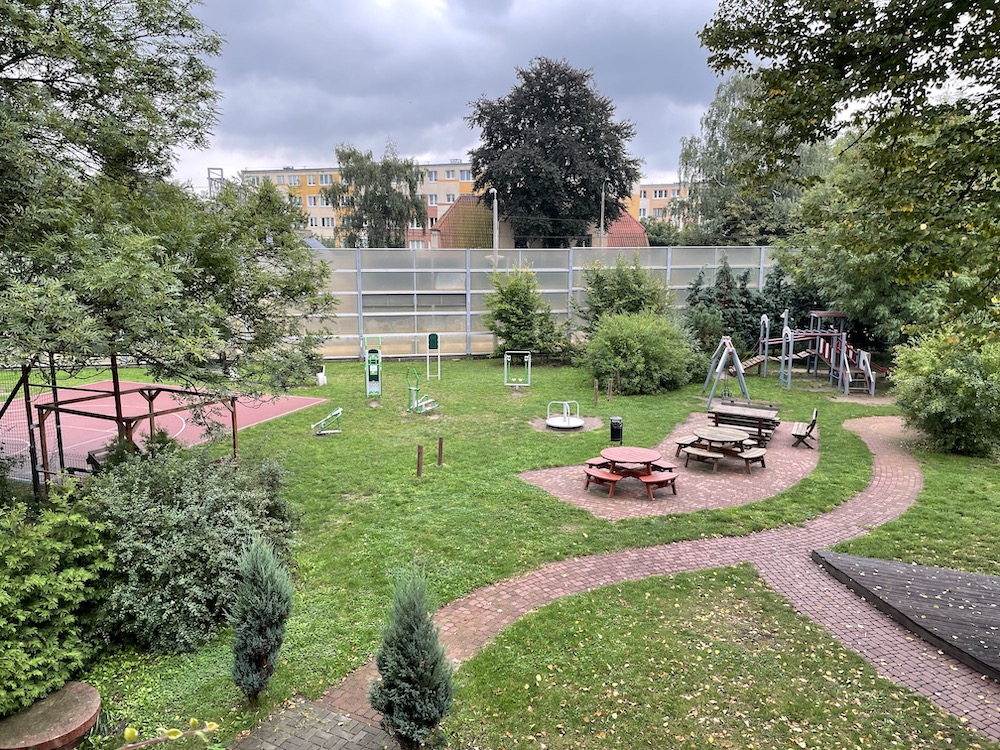
We worked together with leaders and activists from the neighbourhood houses and we noticed that they have different formats of community organisation. Some of these venues are open for long hours every day, these we refer to as “neighbourhood houses.” From these we distinguish “neighbourhood clubs” that are not open every day, maybe only for short periods. We have neighbourhood houses in new locations, with new ideas that we contract for one year, and there are neighbourhood houses which we contract for three years usually. When we assess offers, we assess them also according to these criteria.
How do you monitor and evaluate the activities of the different neighbourhood houses?
Michał Zorena: Supported by the Civic eState project, we created a tool, inspired by Barcelona’s Community Balance tool, which we call “ Neighbourhoodness Index”. This is a self- assessment tool for NGOs who run the neighbourhood houses to check their level of community engagement and building. We realised that the different neighbourhood houses have developed differently, some, while doing a great job, without an actual neighbourhood-building focus, so the first step will be this evaluation tool. We need to draw the line – which entity, which programme is a neighbourhood house and which isn’t.
How did different projects accompany you in creating links between these initiatives and building a new civic ecosystem in Gdansk?
Michał Zorena: In the URBACT project “Boostinno” we were discussing the role of the city in supporting social innovation and one of our conclusions was that we need spaces just to meet, to discuss and to share our knowledge, our values, our ideas. We decided to create such a space. We found a building in the city centre, now we call it Dolna Brama, (Lower Gate), and we decided to renovate it and to use it as a kind of social co-working for activists, NGOs and newly-born social enterprises. The second thought was “what if we create a local community able to co-manage it or manage it without the city?” This is why we joined another URBACT project, “Civic eState” to learn from Naples mainly, but also from Barcelona, Amsterdam, Ghent, Iași and Prešov, about how to create the conditions to co-manage a public space dedicated to social innovation, social entrepreneurship, activism and so on.
We also discussed different models and legal frameworks of co-management used in the Naples model which were a kind of a pact of collaboration between the city and the activists using the space. Our lawyers, however, said that this was impossible in our legal system. We tried to figure out how to make it possible, and our decision was to create a special public entity that will run the place, that will be responsible for the maintenance, for safety issues, for the renovation and so on, but which will share its responsibility for the management, for the program and the accessibility of this place. This is how the concept of Dolna Brama was created.
What is Dolna Brama?
Michał Zorena: Dolna Brama is our flagship centre for social innovation, a key theme at the municipality. We already had a tool to support social innovation processes which we call Social Innovation Fund or Social Innovation Incubator, which supports activists and innovators who have knowledge and also offers a small amount of money to start working on innovative projects. The second task was to stimulate the local ecosystem. We have 24 neighbourhood houses around our districts. We wanted to have a common space to work together with them, improve knowledge and share experiences.
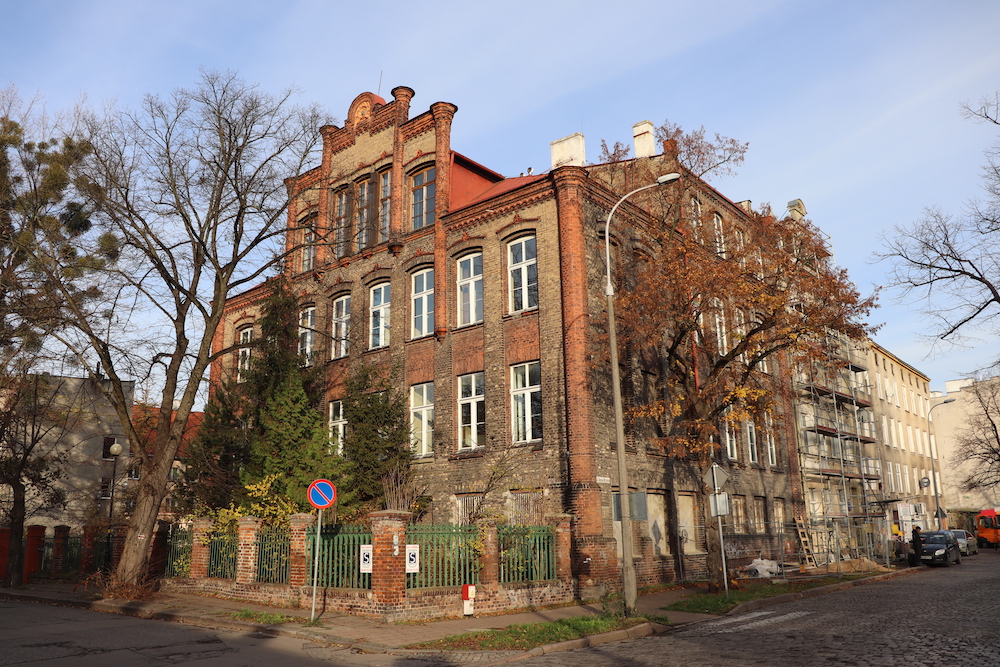
Inaugurated in August 2023, Dolna Brama is conceived as a kind of a hub for community activities, consultations, gathering all the topics coming from the districts, related to deliberative democracy, consultation and the co-creation of different policies. With workshop rooms, a conference hall, offices and community spaces, the centre is a knowledge hub with all the legal toolkits to provide such participation or co-creation processes around the city. Any of the city agencies which would like to have such a process can have the toolbox available for them. Dolna Brama is a public entity run by a public agency, but it also accommodates projects for seniors, youth, social projects with external financing. All the maintenance costs are covered by the city. This is our brand new motto: Social space for activity and innovation.
Magdalena Skiba: We used to call the Dolna Brama centre a social hub but also see it as a think-tank. We are now in a different stage of development in the city and the global challenges have changed. We are talking a lot about climate, ecology and sustainable development. New challenges also demand a new debate. We have to discuss at the city level about how we see our development and what our priorities are today. Our strategy was built years ago – we will revise it in the coming years. These are also crucial moments to start, perhaps, new ways of thinking about the city as an ecosystem, not as a bunch of silos but an ecosystem of different actors and different branches, different activities taking place on the city arena. In the Horizon 2020 project EUARENAS, we are testing new, participatory, deliberative democracy tools in the city of Gdańsk.
How do you get people on board to follow the vision of this new innovation trajectory at the different levels of the municipality?
Magdalena Skiba: Due to a reform by Mayor Adamowicz conceived to break down the silos between the different departments connected to the social sphere, we had a social development department for a period, in charge of health, social welfare, and education. This is not a linear process: we are six years into this reform and we are still not totally integrated, and the education and social departments are separate again, therefore there is still a gap between education and social affairs. There are still different gaps in the city, but we are working on creating smooth work flows, especially in sharing information, and budgeting.
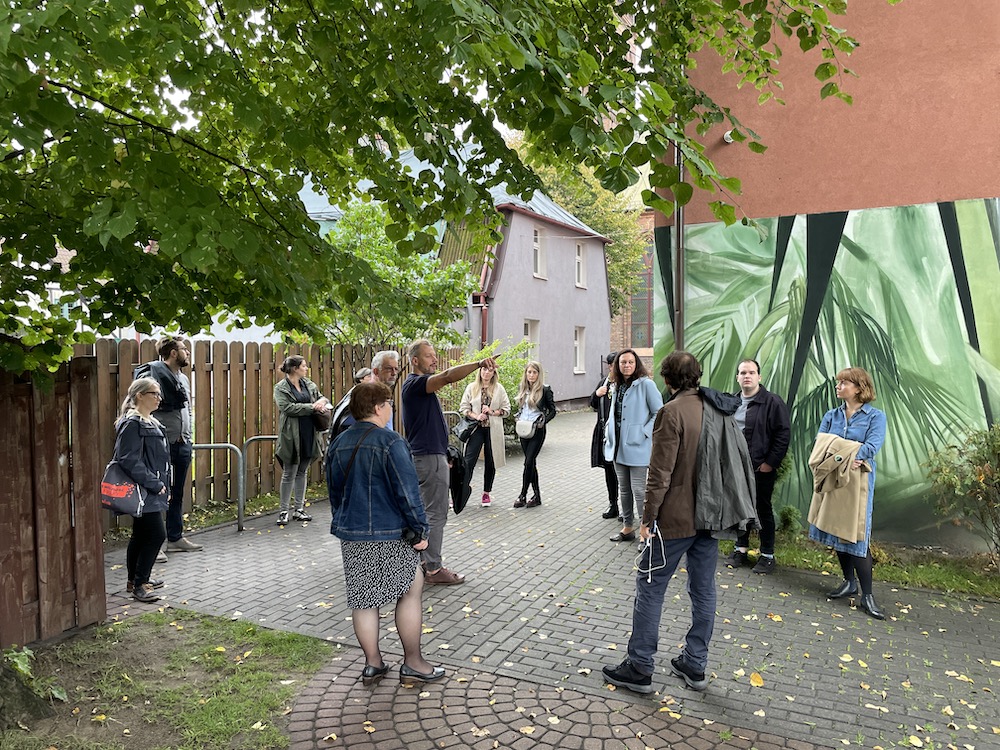
Budgeting is especially important as we realised that we don’t always need new funds to implement new solutions. We just need to reorganise budgets between different areas to allow the development of innovative tools. Certainly, for this we need a consent from the top management of the city. Neighbourhood houses have been on the top of the political agenda: at the last elections, every political party and political group were talking about the idea of neighbourhood houses. Despite this, our budget has not increased for many years.
Piotr Wolkowinski: The concept is on the political level, but when it’s about money, there is always something more important: infrastructure, roads, pavements – they enjoy priority over neighbourhood houses.
Michał Zorena: It is also about generosity and sharing power: investing in infrastructure is a certain kind of exercise of power. When politicians have power, they tend to grip on the power leverage, and it’s difficult to leave it. Once you find the politicians who are willing to leave the leverage to the citizens, that’s when you really get to have common governance in the city.
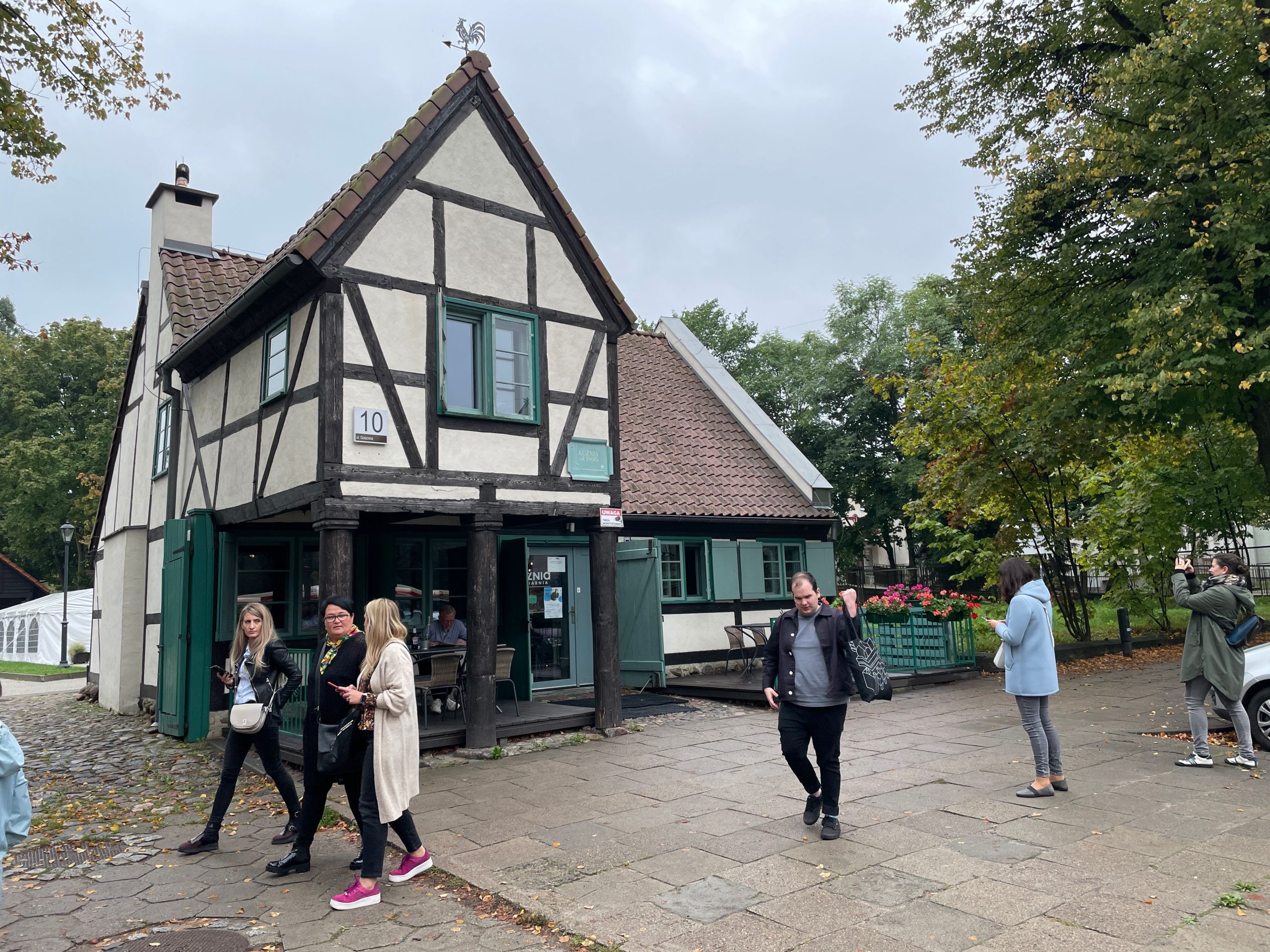
Piotr Wolkowinski: In Gdańsk, all this started with Paweł Adamowicz who was a mayor for twenty years or more. He was not very participatory in the beginning, he became more and more participatory as the time went on. Undoubtedly Magda’s work and the work of many other people provoked him into understanding that inhabitants have a real potential. The Gdańsk club showed us that maybe we could actually think about things from a wider perspective: why are we doing all this, what’s the reason? This is when we got the idea that a civil servant is somebody who is supporting and pushing the inhabitant to be innovative, to become energised, to smell the fresh breeze in the air of all the things that are happening. This is why we have the Dolna Brama and these other projects.
What are the secret ingredients on the municipality side to make participation successful?
Piotr Wolkowinski: It is the listening capacity that some of us have more than others. To have very big ears and to really listen – in other words, to switch off the radio that we have inside our brain and just take in what people are saying. I worked on the 2030+ strategy right from the beginning and I said to people: “we start the meeting by saying everything you want to complain about, here at the wailing wall.” By the third meeting they wanted to work on the creativity of what the city is about. There we got these clouds of ideas. If we manage to have an approach of confidence with the inhabitants, such as “you are the future of the city, not me, and you can co-build it and co-decide it”, that emanates and produces completely different citizens.
Interview by Levente Polyak.
You can read more Cooperative City articles about initiatives in Gdańsk:
So Stay: Poland’s first socially responsible hotel
Solidarity Everyday: a space for social initiatives inside the European Solidarity Centre

